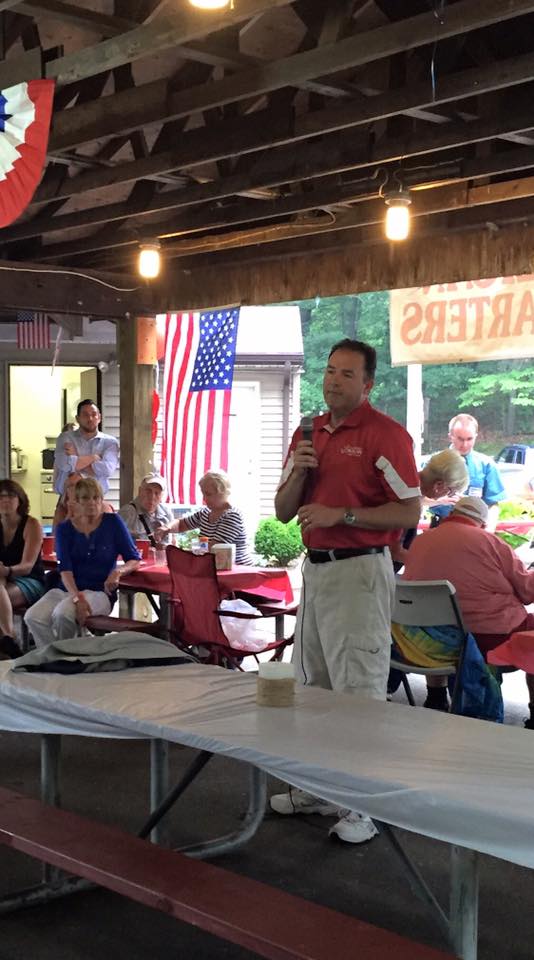
Editor's note: To the residents of Newtown, Bethel, Redding and Ridgefield: the Republican Primary Election for Judge of Probate will take place on August 9. Current Judge of Probate, Joe Egan, is retiring in October which is the reason for the special election this year. On August 9, 2016, registered Republicans are invited to the polls to select the Republican candidate who will face the Democrat in the General Election in November.
Do I Need a Will?
This past weekend while I was out meeting people and reminding them to vote August 9 in the Republican Primary, I had so many people ask about the Court system. Some asked me, “Do I need a Will”?
The short answer is no one needs a Will.
However, without a Will, the State of Connecticut, through our laws of intestacy, determines how your estate (your property) is divided among your surviving loved ones and the laws of intestacy may not be how you would choose to bequeath your property.
Some common examples of the laws of intestacy include:
- If you die without a Will and have no spouse or children your surviving parents inherit your estate;
- If you die without a Will and are survived by your children but no spouse your children inherit everything;
- If you die without a Will and are survived by your spouse and parents but have no children, your spouse inherits the first $100,000.00 plus three quarters of the balance of your estate and your parents inherit the rest;
- If you die and are survived by your spouse and children its gets more complicated. If you die and are survived by your spouse and children from that spouse, your spouse inherits the first $100,000.00 plus one-half of the balance and your children inherit the rest; and
- If you die and are survived by your spouse and have at least one child from someone other than your spouse (ie. a first marriage), your spouse inherits one-half of your estate and the balance is split between your children.
The laws of intestacy are merely designed to interpret and carry out what the state thinks someone may wish to do with their property upon their death. As you can see from the examples above the outcome in many cases is most likely not what you would choose.
During the past 20 years I have drafted countless Wills each and every one with subtle nuances tailored to my clients’ wishes on how to pass their property upon death. It is important that you decide to whom you wish to leave property upon your death not the state.
Remember your vote counts on August 9! Please vote Patrick Walsh Probate Judge.
Keep up to date on Patrick’s campaign journey by following Elect Patrick Walsh for Probate Judge on Facebook here.